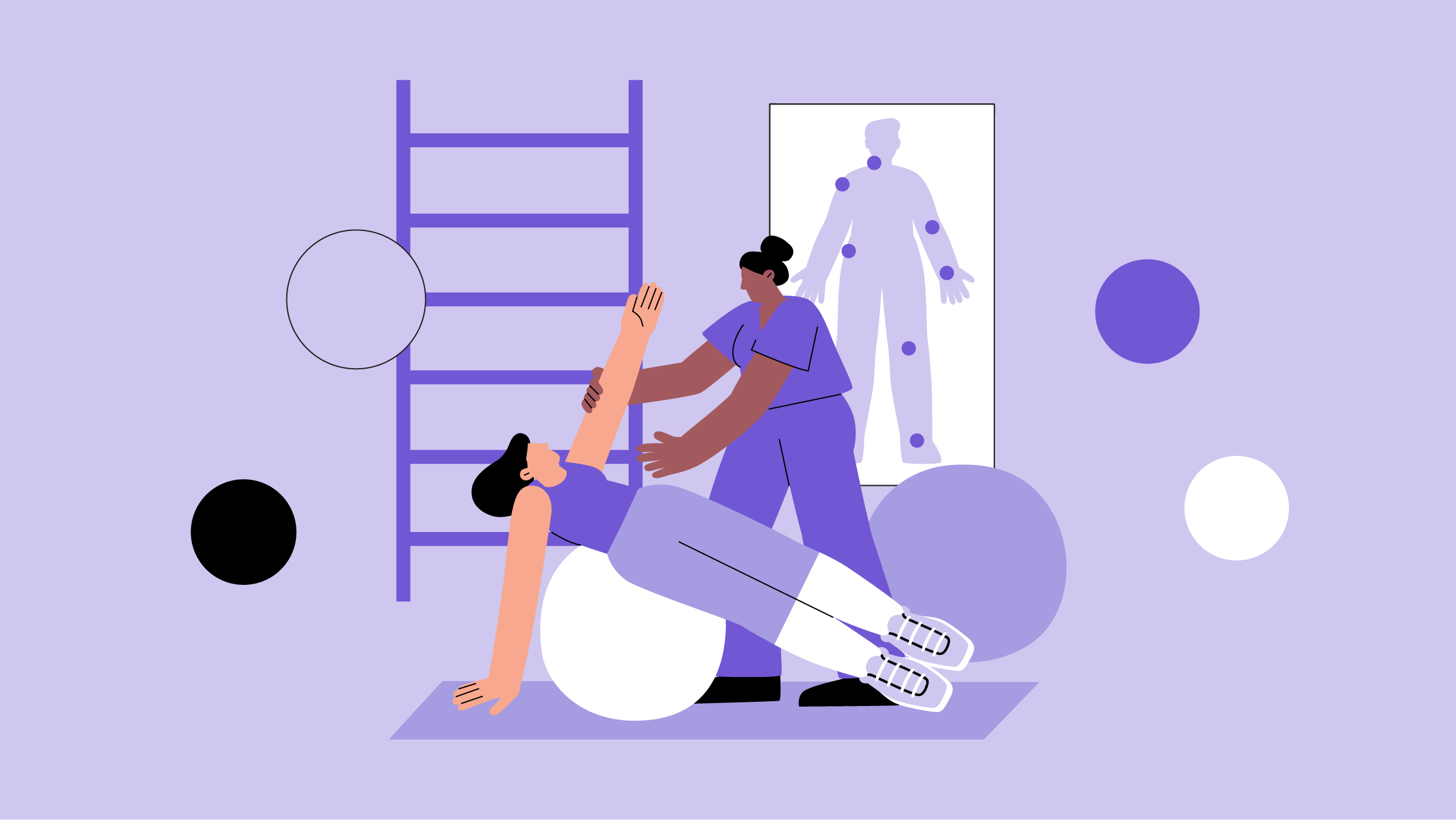What should I tell my care team before I take this medication?
They need to know if you have any of these conditions:
- Diabetes
- Frequently drink alcohol
- Have had a stroke
- Having surgery
- Heart disease
- Kidney disease
- Liver disease
- Muscle pain or cramps
- Thyroid disease
- An unusual or allergic reaction to amlodipine, atorvastatin, other medications, foods, dyes, or preservatives
- Pregnant or trying to get pregnant
- Breastfeeding
What may interact with this medication?
Do not take this medication with any of the following:
- Lonafarnib
- Posaconazole
- Red yeast rice
This medication may also interact with the following:
- Certain antibiotics, such as clarithromycin or erythromycin
- Certain antivirals for HIV or AIDS
- Certain medications for cholesterol, such as fenofibrate, gemfibrozil, niacin
- Certain medications for fungal infections, such as itraconazole, ketoconazole, voriconazole
- Colchicine
- Cyclosporine
- Digoxin
- Estrogen and progestin hormones
- Grapefruit juice
- Rifampin
This list may not describe all possible interactions. Give your health care provider a list of all the medicines, herbs, non-prescription drugs, or dietary supplements you use. Also tell them if you smoke, drink alcohol, or use illegal drugs. Some items may interact with your medicine.
What should I watch for while using this medication?
Visit your care team for regular checks on your progress. Check your blood pressure as directed. Know what your blood pressure should be and when to contact your care team.
Taking this medication is only part of a total heart healthy program. Ask your care team if there are other changes you can make to improve your overall health.
This medication may affect your coordination, reaction time, or judgment. Do not drive or operate machinery until you know how this medication affects you. Sit up or stand slowly to reduce the risk of dizzy or fainting spells. Drinking alcohol with this medication can increase the risk of these side effects.
Your care team may tell you to stop taking this medication if you develop muscle problems. If your muscle problems do not go away after stopping this medication, contact your care team.
This medication may increase blood sugar. The risk may be higher in patients who already have diabetes. Ask your care team what you can do to lower your risk of diabetes while taking this medication.
Talk to your care team if you may be pregnant. Serious birth defects can occur if you take this medication during pregnancy.
Talk to your care team before breastfeeding. Changes to your treatment plan may be needed.








